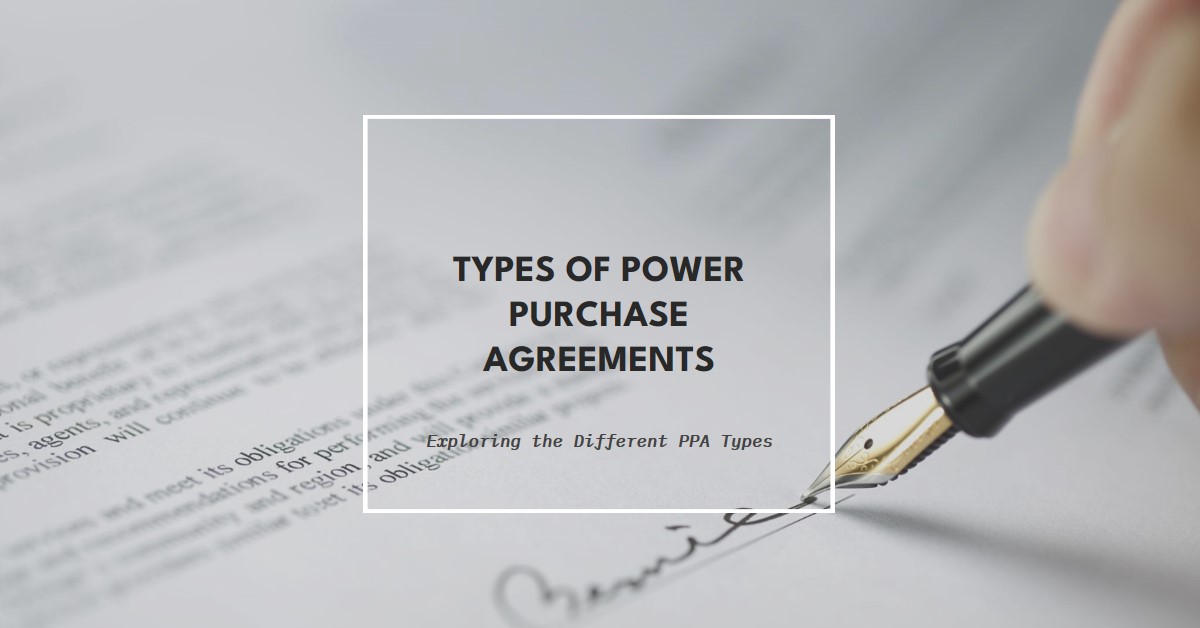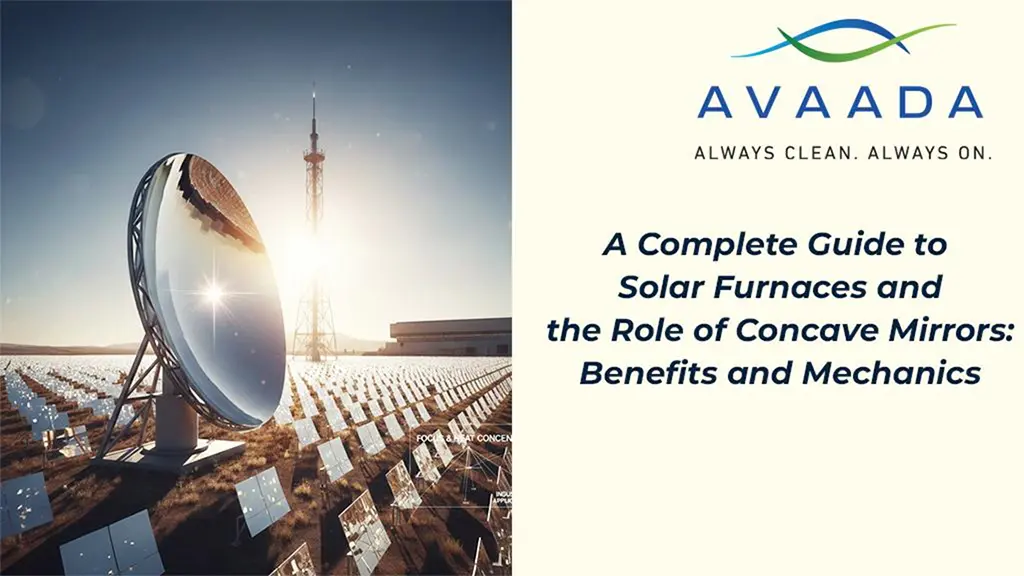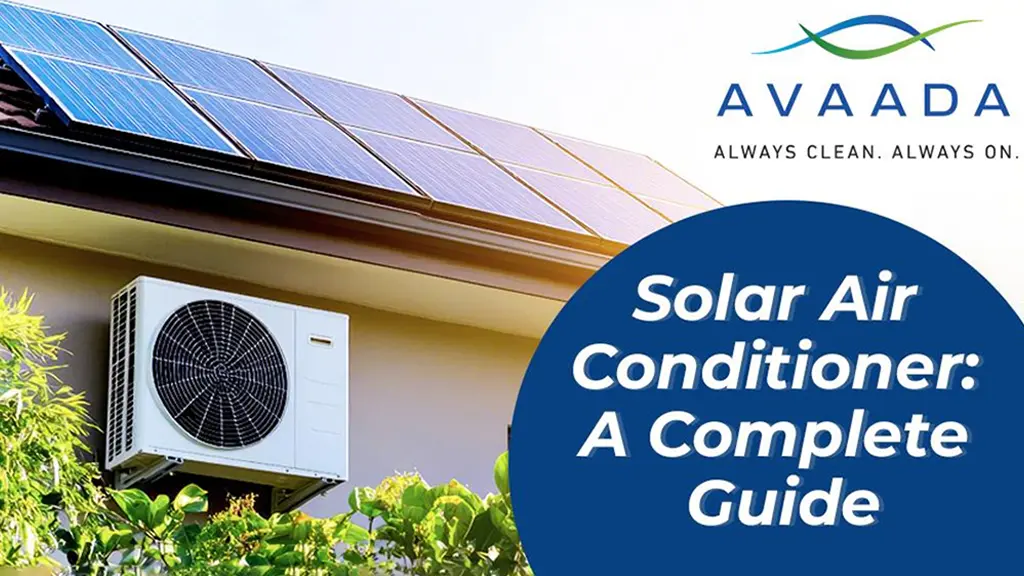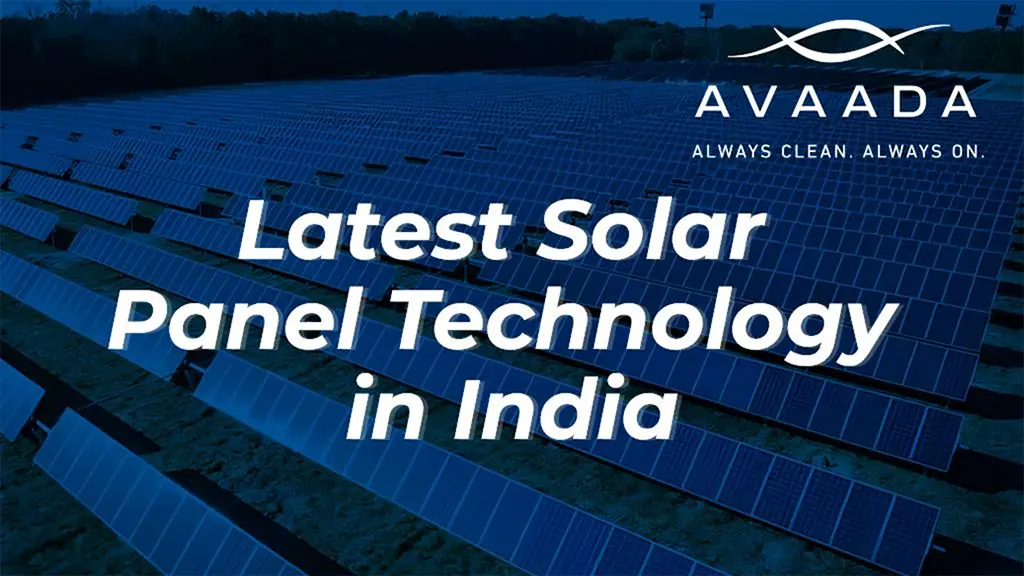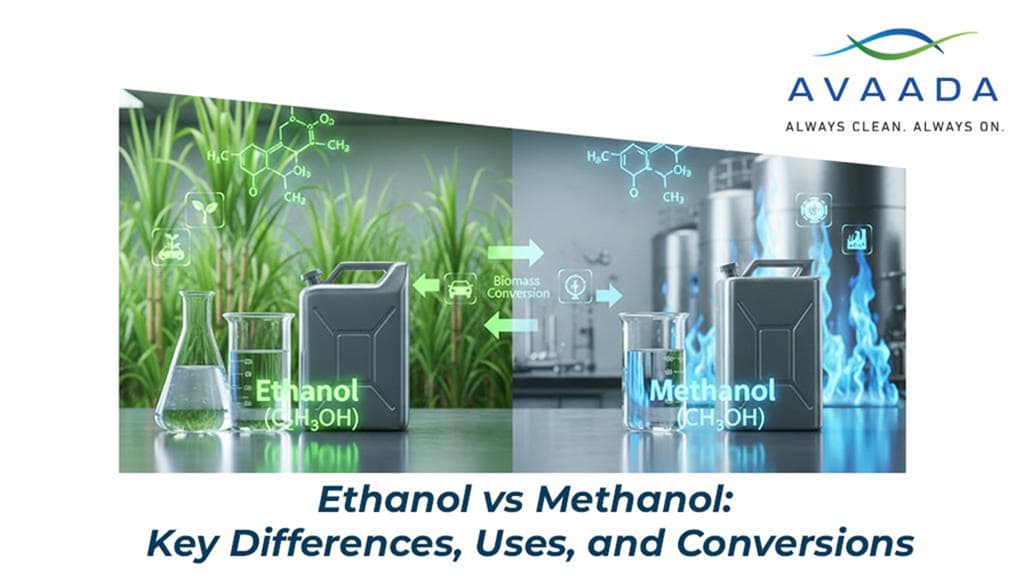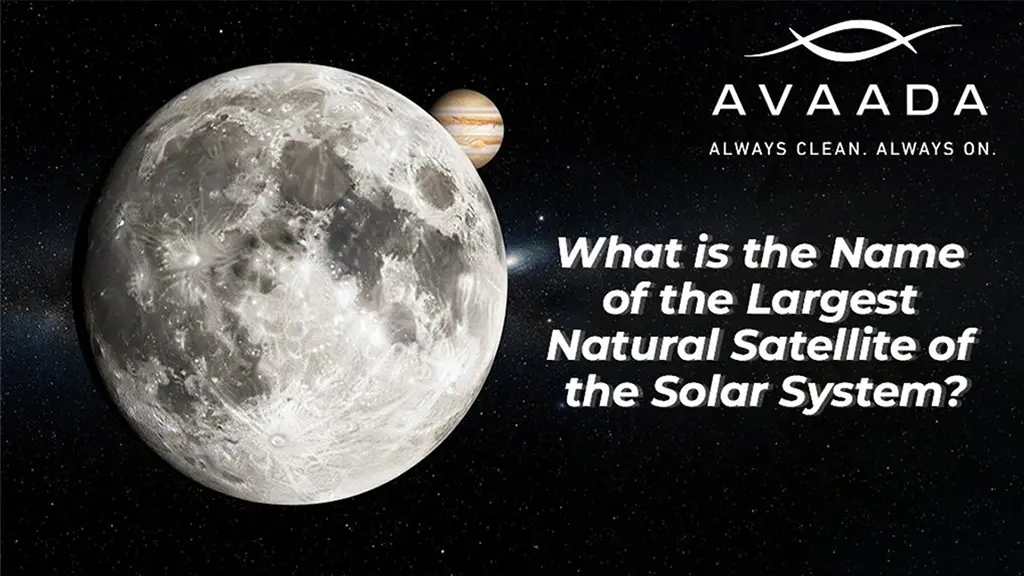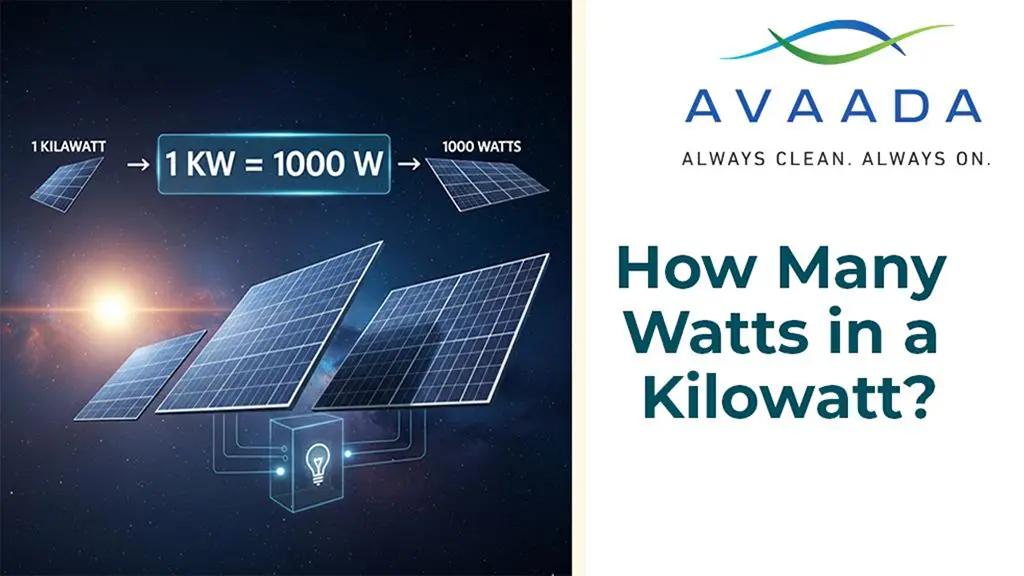A Power Purchase Agreement (PPA) is a legal contract in which a renewable energy provider agrees to sell electricity to a buyer for a predetermined amount of time at a specified period. The obligations of both parties as well as the conditions and implications of the transaction are described in this agreement.
PPAs are often divided into two categories: long-term and short-term. Long-term PPAs are often linked with large-scale projects taken by renewable energy companies, such as solar farms, and can last for more than 25 years. Short-term PPAs, on the other hand, are designed for smaller projects like commercial and industrial solar installations and typically last between a few months and a few years.
PPAs are instrumental in financing renewable energy projects. They provide a reliable revenue stream for the energy producer while also assisting the buyer in meeting renewable energy requirements.
Types of Power Purchase Agreements
On-Site vs. Off-Site PPAs
On-Site PPA: This arrangement suits small-scale renewable energy projects where electricity generation and consumption occur on the same premises.
Off-Site PPA: This type of PPA is designed for larger-scale renewable energy projects, where electricity is generated at one location—such as a large solar farm or wind facility—and consumed at another.
Purchase Agreement for Virtual Power (VPPA)
Both on-site and off-site PPAs provide producers with a consistent cash stream while also assisting buyers in meeting their renewable energy goals, with terms tailored to both parties’ needs.
Physical Delivery: PPA
This type of PPA requires the buyer to physically receive the electricity generated by the renewable energy plant, which is often on-site. The agreement contains fixed pricing, provisions for electricity delivery, and penalties for nonperformance. This sort of PPA is commonly used to finance renewable energy projects and can help the purchaser to save on electricity cost.
Virtual Power Purchase Agreement (VPPA)
A VPPA is a financial technique that allows a buyer to purchase a project’s renewable features without receiving physical delivery of the electricity. Companies that lack the infrastructure to create renewable power can nevertheless support renewable energy initiatives and obtain energy credits. VPPAs can be designed with set or variable price, depending on market conditions, providing flexibility to satisfy a variety of business sustainability goals.
Portfolio PPA
A portfolio PPA enables a customer to obtain power from a variety of renewable energy providers rather than a single supplier. This arrangement, managed by a portfolio provider, enables businesses to grow their use of renewable energy without establishing their own plants. The portfolio may include a mix of long-term and short-term contracts, as well as fixed or variable pricing, resulting in a cost-effective solution for meeting sustainability objectives.
Block delivery PPA
This contract type involves purchasing electricity in set time chunks rather than continually. It is appropriate for projects with variable output, such as community solar, whose production levels change. Block delivery PPAs provide producers with a consistent revenue stream while also allowing purchasers to save money on electricity by purchasing power when it is most available and affordable.
Renewable energy companies can get funding for their projects while also contributing significantly to the growing need for sustainable energy solutions by utilizing PPAs. Avaada Solar Company’s expertise in structuring PPAs ensures that both producers and purchasers benefit from predictable pricing and stable energy supply, driving the adoption of renewable energy worldwide.


